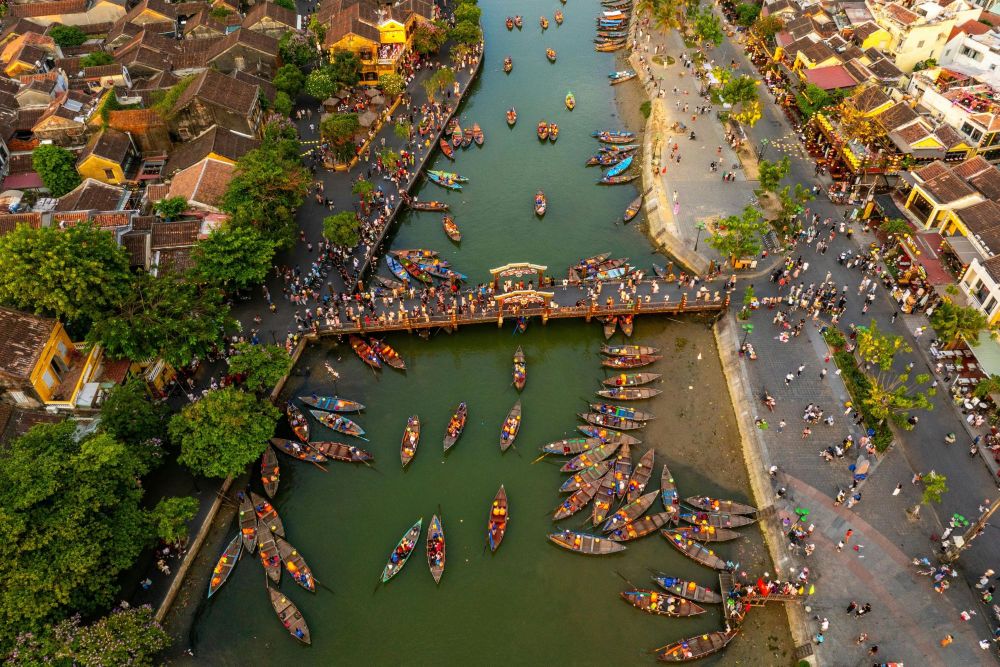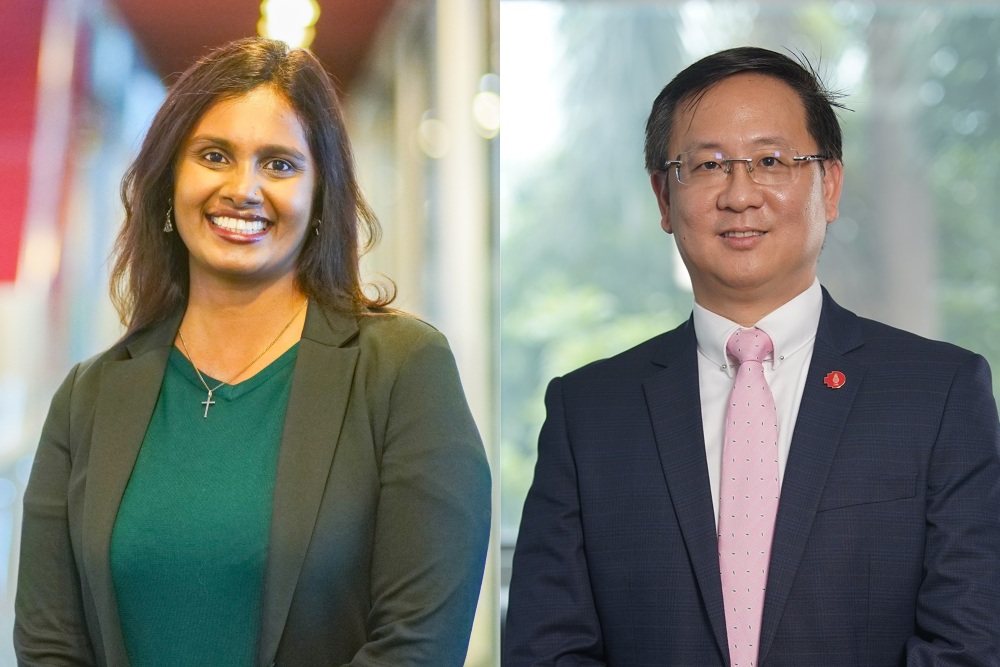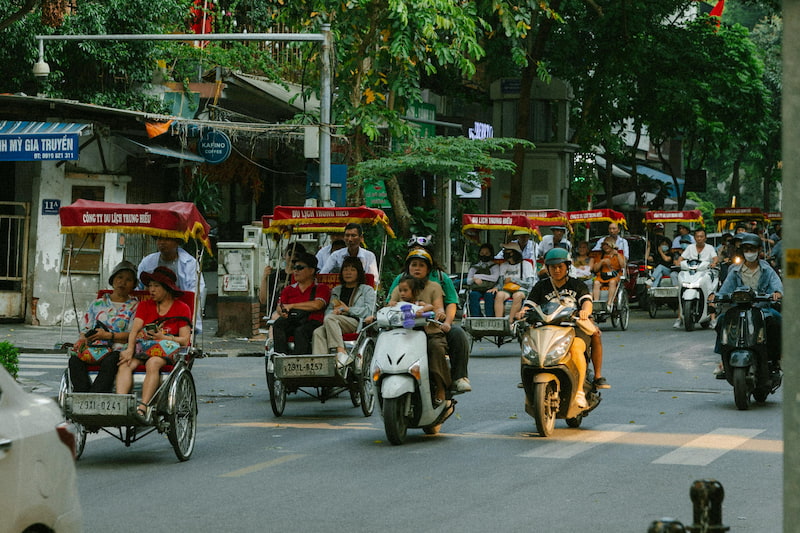Can Vietnam’s urban parks become travel magnets?
Despite its rapid urbanisation, rich biodiversity, and growing domestic travel market, Vietnam has not yet capitalised on the tourism potential of its urban parks, RMIT experts say.
Vietnam’s tourism hits record high, fuelled by strategic diversity
Vietnam's tourism sector is experiencing an extraordinary boom in 2025, shattering previous records and firmly establishing itself as a leading destination in Southeast Asia.
How to leverage the visa exemption policy for European visitors
Vietnam’s decision to grant visa-free entry for citizens of 12 European countries from 15 August 2025 is opening up new opportunities, according to two experts in Tourism and Hospitality Management at RMIT.
How to ask AI to create the perfect travel itinerary
Dr Daisy Kanagasapapathy, Interim Associate Program Manager of the Tourism and Hospitality Management program at RMIT Vietnam, explains why AI remains a work in progress and how better prompts can improve travel planning.







